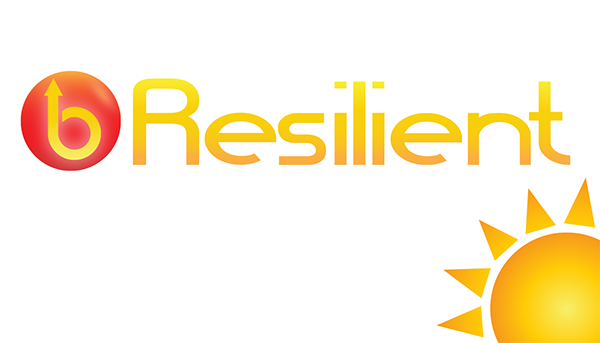
Lori Sabo
Has your GPS ever steered you wrong? I had only a vague idea of where an appointment was, so I used my vehicle’s GPS to direct me. After a while, a still, small voice within nudged that something didn’t seem right, but I continued to trust the voice on my 15-year-old car’s console. It wasn’t until I got to a dead end that I pulled over, called my destination, got new directions, and was able to course correct, arriving a little tardier and more harried than necessary.
A comparable thing may happen in our classrooms. Curriculum and resources provided by our schools and districts have the potential to function like a GPS system. Sometimes we can follow the prescribed instructions step-by-step and get our students to a desired outcome. There are times, however, when we should listen to the still, small voice that recognizes when the directions aren’t taking us where we want to go. If we don’t, we’ll end up with a similar “lostness” that results in wasted time for our students and ourselves.
Programs do not know our students best. We do. Our formative and informative assessments and conferring have led to a deep knowledge of their strengths and needs. Though it can be a little scary at first to listen to our own voice instead of the authoritative voice of a program, dynamic, timely, and powerful things will happen when we do. If we know where we are going (standards), and know where our students stand in relation to those goals, we can craft our teaching in a way that directly meets those needs. We might use the curriculum one day and an entirely different resource the next.
Intentional, focused instruction that is directly related to the needs we see in our classroom creates a new kind of synergy that is both exciting and self-perpetuating. It not only makes for a more joyful journey, but we’ll all end up where we need to be.
News From The Daily CAFE
Interactive Word Wall—Replacing Tired Words







